Mouse E-Cadherin ELISA Kit
$299.00 – $419.00
ELISA Kit Detail Information
| Related Target | |
|---|---|
| Species | mouse |
| Sample Type | Serum, plasma, cell culture supernatant, and other biological samples |
| Sample Volume | 100 μL (diluent) |
| Sensitivity | 1.08 pg/mL |
| Array Range | 46.88 pg/mL – 3000 pg/mL |
| Assay Time | 3.5 h |
| Recovery | 95% – 110% |
| Average Recovery | 99% |
| Intra Precision | 3.0% – 4.8% |
| Inter Precision | 3.4% - 4.8% |
| Plate | Detachable 96-well plate |
| Storage | If the reagent kit is unopened, it should be stored at 4℃. However, if it has been opened, the standard solution should be stored at -20℃, while the other components should be stored at 4℃. |
| Delivery | 4℃ blue ice transportation |
| Components | 96-well polystyrene enzyme-linked immunosorbent assay (ELISA) plate coated with anti-E-Cadherin monoclonal antibody Mouse E-Cadherin freeze-dried standard Mouse E-Cadherin detect Antibody Standard Diluent Assay Buffer(10×) Substrate TMB Stop Solution Washing Buffer(20×) Sealing Film |
| Assay Principle | This kit utilizes the double antibody sandwich enzyme-linked immunosorbent assay (ELISA) detection technique.Specific anti-mouse E-Cadherin antibodies are precoated on a high-affinity ELISA plate. Standard samples, test samples, and biotinylated detection antibodies are added to the wells of the ELISA plate. After incubation, E-Cadherin present in the samples binds to the solid-phase antibodies and the detection antibodies. After washing to remove unbound substances, streptavidin-HRP labeled with horseradish peroxidase is added. After washing, a colorimetric substrate, TMB, is added and the plate is incubated in the dark for color development. The intensity of the color reaction is directly proportional to the concentration of E-Cadherin in the samples.A stop solution is added to terminate the reaction, and the absorbance value is measured at a wavelength of 450 nm (with a reference wavelength range of 570-630 nm). |
Related Targets
CDH1
CDH1 Target Infomation Overview
- Target Symbol: CDH1, cadherin 1
- Gene Groups: CD molecules; Type I classical cadherins
- Alias: uvomorulin; CD324
- Previous Names: UVO
- Alias Names: E-Cadherin; cadherin 1, type 1, E-cadherin (epithelial)
CDH1, cadherin 1 Target Infomation by Species
- Human
- Mouse
- Rat
Human CDH1 Target Information
- Target Symbol: CDH1, cadherin 1
- Alias:
- Arc-1
- BCDS1
- cadherin 1, E-cadherin (epithelial)
- cadherin 1, type 1
- cadherin 1, type 1, E-cadherin (epithelial)
- cadherin-1
- calcium-dependent adhesion protein, epithelial
- CAM 120/80
- CD324
- CDHE
- cell-CAM 120/80
- E-Cadherin
- E-cadherin 1
- ECAD
- epithelial cadherin
- LCAM
- UVO
- uvomorulin
- NCBI_Gene: 999
- UniProtKB: P12830
Human CDH1 Predicted Functions
Enables several functions, including GTPase activating protein binding activity; ankyrin binding activity; and beta-catenin binding activity. Involved in several processes, including cellular response to indole-3-methanol; cellular response to lithium ion; and positive regulation of protein import into nucleus. Located in several cellular components, including adherens junction; lateral plasma membrane; and trans-Golgi network. Is integral component of membrane. Part of catenin complex and flotillin complex. Colocalizes with cortical actin cytoskeleton. Implicated in several diseases, including blepharocheilodontic syndrome 1; breast cancer (multiple); cervix uteri carcinoma in situ; gastrointestinal system cancer (multiple); and reproductive organ cancer (multiple). Biomarker of several diseases, including endocrine gland cancer (multiple); invasive lobular carcinoma; oral squamous cell carcinoma; prostate cancer; and pulmonary fibrosis.
Mouse Cdh1 Target Information
- Target Symbol: Cdh1, cadherin 1
- Alias:
- AA960649
- E-cad
- E-cadherin
- Ecad
- expressed sequence AA960649
- L-CAM
- Um
- UM
- uvomorulin
- NCBI_Gene: 12550
Mouse Cdh1 Predicted Functions
Enables several functions, including alpha-catenin binding activity; beta-catenin binding activity; and identical protein binding activity. Involved in several processes, including cochlea development; embryo implantation; and reproductive structure development. Acts upstream of or within several processes, including bicellular tight junction assembly; epithelial cell development; and regulation of proteolysis. Located in several cellular components, including Schmidt-Lanterman incisure; axon; and basolateral plasma membrane. Part of catenin complex and flotillin complex. Is expressed in several structures, including alimentary system; early conceptus; embryo ectoderm; genitourinary system; and sensory organ. Human ortholog(s) of this gene implicated in several diseases, including blepharocheilodontic syndrome 1; breast cancer (multiple); cervix uteri carcinoma in situ; gastrointestinal system cancer (multiple); and reproductive organ cancer (multiple). Orthologous to human CDH1 (cadherin 1).
Rat Cdh1 Target Information
- Target Symbol: Cdh1, cadherin 1
- Alias:
- cadherin-1
- E-cadherin
- epithelial cadherin
- uvomorulin
- NCBI_Gene: 83502
- UniProtKB: Q9R0T4
Rat Cdh1 Predicted Functions
Predicted to enable several functions, including GTPase activating protein binding activity; alpha-catenin binding activity; and ankyrin binding activity. Involved in several processes, including nervous system development; regulation of protein catabolic process at postsynapse, modulating synaptic transmission; and response to toxic substance. Located in cytoplasm and plasma membrane. Is active in glutamatergic synapse and postsynapse. Used to study hepatocellular carcinoma and lung adenocarcinoma. Biomarker of pulmonary fibrosis and urinary bladder cancer. Human ortholog(s) of this gene implicated in several diseases, including blepharocheilodontic syndrome 1; breast cancer (multiple); cervix uteri carcinoma in situ; gastrointestinal system cancer (multiple); and reproductive organ cancer (multiple). Orthologous to human CDH1 (cadherin 1).

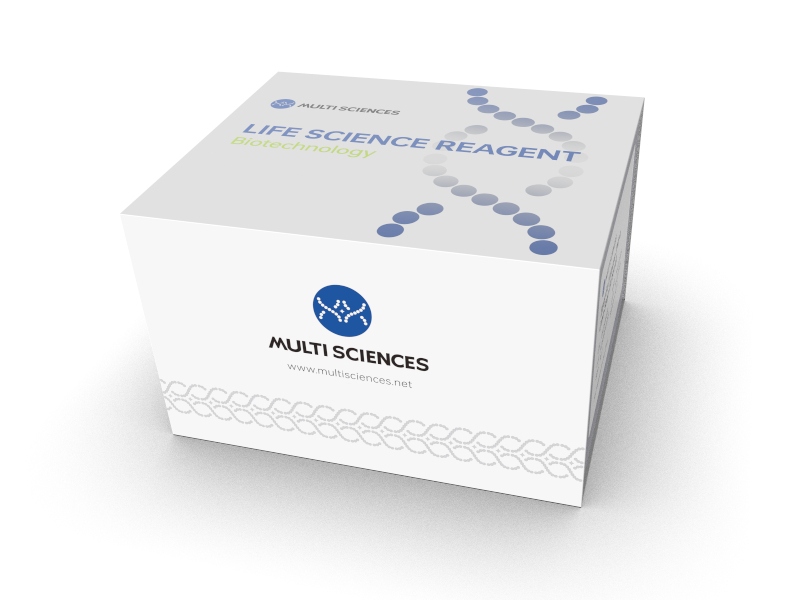
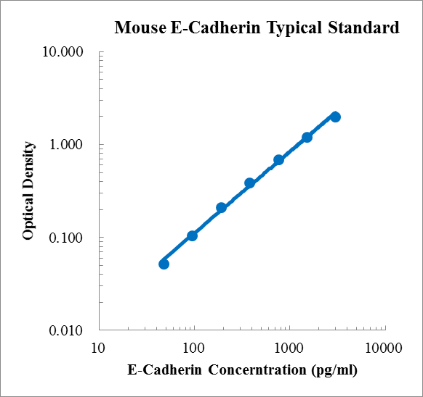
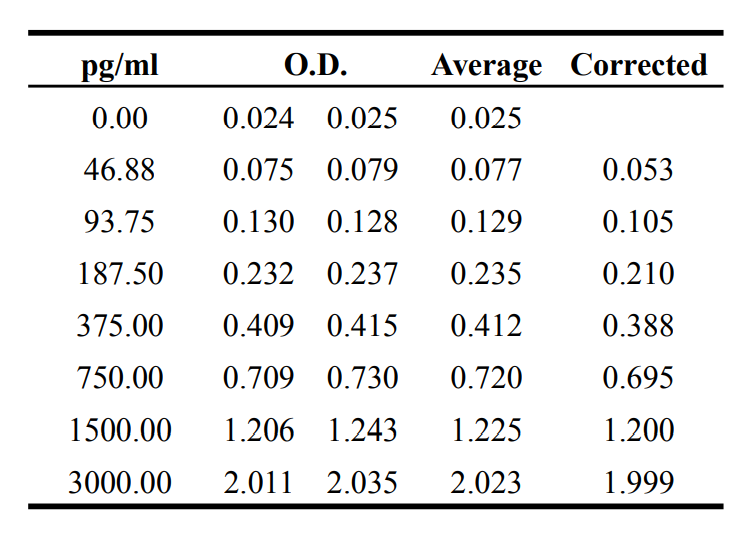


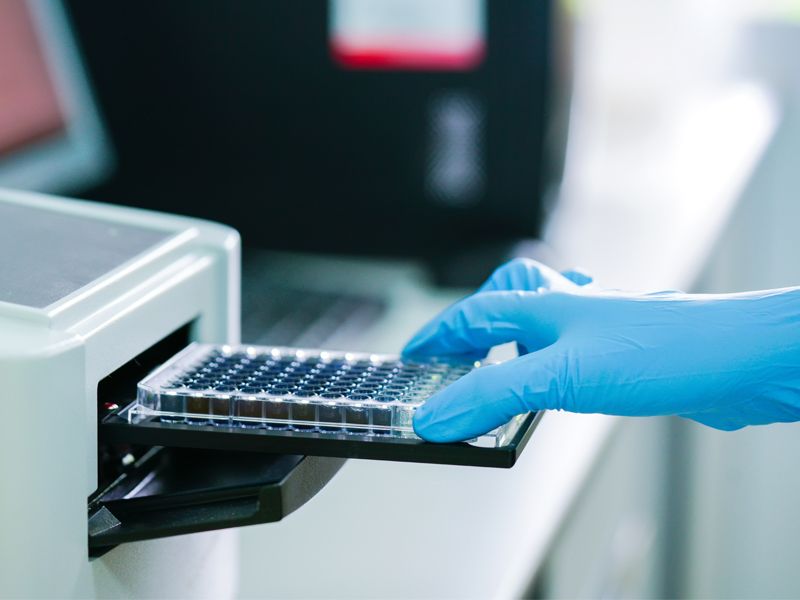
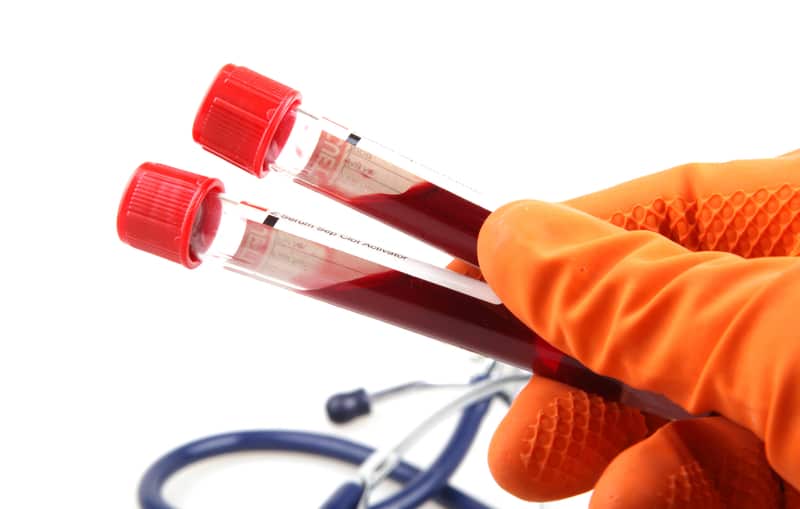
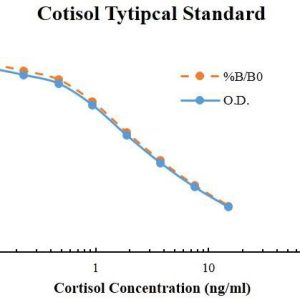
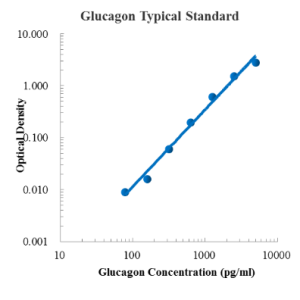
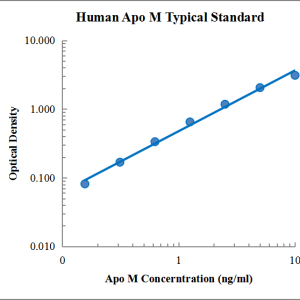
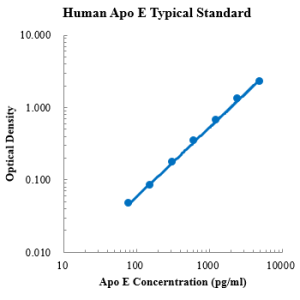
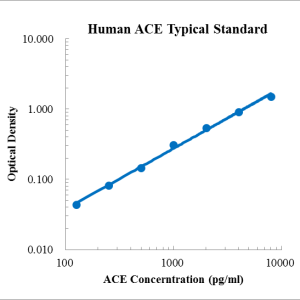
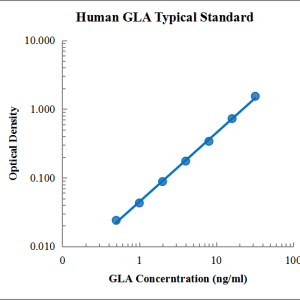
Reviews
There are no reviews yet.